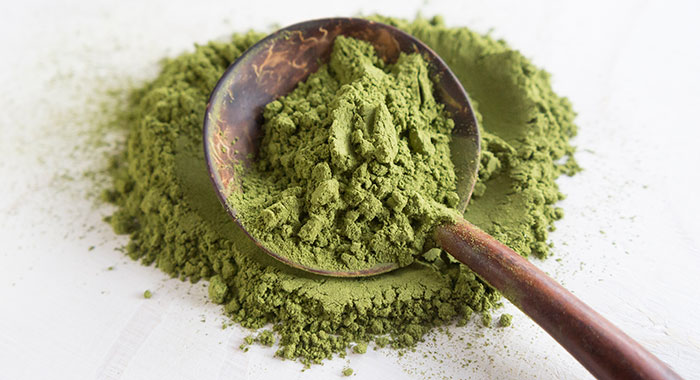
Pronounce it: moor-ing-gah
Promoted as one of the most nutritionally dense foods on the planet, the Moringa, Drumstick or Horseradish tree is credited with everything from sorting out sleep patterns to increasing libido and almost everything in between. The leaves, bark, flowers, fruit and seeds are all used medicinally or as food in parts of tropical Africa and close to the Himalayas of Bangladesh, Pakistan and Afghanistan where it is native.
Moringa’s reputation as an almost magical panacea makes sense in areas where diet is traditionally sparse or unbalanced, particularly as it flourishes where few other plants or trees do well.
Moringa might make a difference to Westerners who do not have a balanced diet or who have illnesses caused by or causing imbalance. For most it will make little difference to their health. Only personal experiment and experience will prove what moringa can or cannot do for any individual but buying it in packaged form is probably more expensive than eating a simple, balanced and varied diet.
Availability
Increasingly available in speciality shops and online. Although all parts of the tree are said to have uses, the leaves are thought especially vital. The taste is something like horseradish, hence one of the names for the tree.
Choose the best
Most comparative information about moringa products is published by retailers or among user comments, so it’s difficult to know how valid claims are.
Store it
Commercial products will come with storage information on their labels.
Cook it
Where it grows, many parts of the moringa tree are cooked as food; for instance, the leaves are cooked like spinach or dried and powdered to be used as a sharp condiment. It is unlikely to be seen fresh in the UK or Europe and so expect to encounter it only as a supplement.
Be the first to comment on "Moringa"